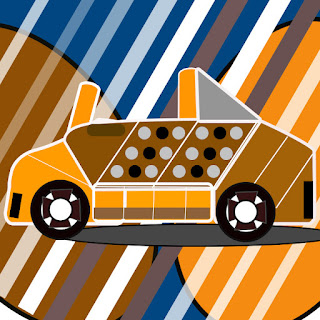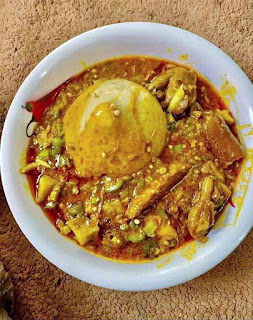Hakpanya is called Poem in English Language. Hakpanya is one genre of literature which is oral and it touches on very key topics in the society. From spirituality to lifestyle and a lot more. They are taught in schools most especially at the basic levels because they improve the Ewe Language learning among young pupils. However those who study Ewe as an elective in secondary schools and tertiary have the chance to learn more of the technicalities of hakpanyawo.
A list of some hakpanyawo (poems) have been provided below with their translations. The moral lessons are also explained in addition.
Atɔtɔtɔ
Atɔtɔtɔ, tɔ maƑle
atɔtɔ tɔtɔ si ne kɔtso asi tɔtɔ la mee
Translation: Pineapple seller
Pineapple seller, wait for me to buy
the unsold pineapple you've brought
from that unproductive market
Tɔ nye ko wonya
Tɔ nye ko wonya
Tɔ nye koe nya gblɔna na wo
Wotsɔ wo viwo tɔ dzraɖo
Wo si ami n3 be woanya se na to
Gaso ko nye ya me ku gedze gɔ ta me
Amewo be, mipui, nexe gasɔ fea
Zu ha amewo dzi
Nyi tsɔ ko driver Salakpui ku wu lɔ ati
Amewo ku
Amewo be dedi te amenu la tae
Nu kae me wɔ nami
Nɔvinye wo, miwoe nyui
Ne ma nɔ miagbɔ h3
Translation: Only my matter
They only talk about my matter
They have hidden that of their children
Applied cream to it to please the ear
I only rode a bicycle and accidentally fell into a gutter
People said, beat him, he should pay for the bicycle
It was a song they chanted
Just some days ago, driver Salakpui drove and hit a tree
Many died in the accident
They said it was because of tiredness
What have I done to you?
My friends, live well
So that I can stay with you
The above poem teaches a moral lesson on the theme of love. It was obvious that the writer was complaining of how bad he was treated not because of any wrong he has done but because he was hated.
Significance of hakpanyawo
- Teach good moral lessons
- Improve memorization and learning of words of the Ewe language
- A good way to engage, entertain and make learning fun
Kɔdzo, Kɔdzo kpui
Kɔdzo, Kɔdzo kpui
Maɖu galia ɖe
Galia me su gbɔ o
Mia Ƒe tsitsa be
Mi ga ɖu nu fuu oo
Mia te avɔ yeye
Mia nɔ aglo tu mee
Aglo











Tɔgbui Dzobo John
ReplyDeleteVery interesting and educational
ReplyDelete